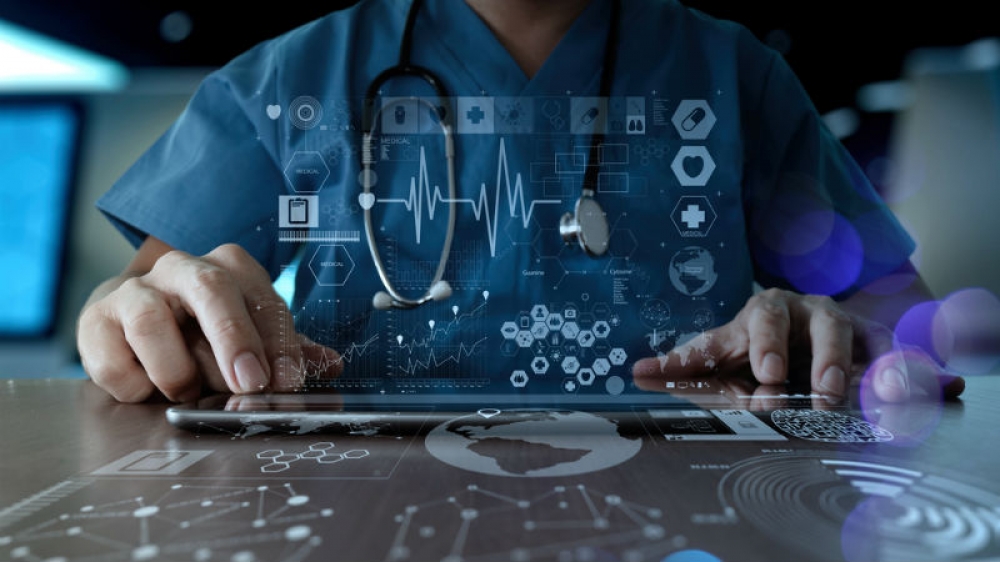Machines can only learn to act and perform human duties if they have abundant information relating to the particular situation as well as human oversight. And they have the ability to identify patterns in input, classify regressions and record outputs for future use. This seamless learning is perfect in cases of medical emergencies where human intelligence might still need some stimuli to recall or remember data.
Here are three different use cases where AI has surprised humanity especially in matters of concerning life and has helped significantly to improve outcomes in healthcare.
AI-assisted robotic surgery
Robots and machines are used to a greater extent than ever before in assisting microsurgical procedures and activities. AI has, and will help to reduce that variation because it will be the same systems that collect and integrate data into their processes. This will significantly help surgeons during surgeries. The assisting AI environment will work with high precision based on the IoT data collected through the machine overlaid with patient body data with an application of machine learning, which significantly reduces the huge implication for the patient in terms of cost and outcomes.
Virtual Nursing Assistants
Nursing has evolved over the past decades and work has changed from the conventional standing with doctors and taking rounds. Even now, technological advancements have brought nursing into a whole new level with Virtual Nursing Assistants (VNA). VNA are bots or computer-generated tools that are used to care for patients. These tools replicate human nurse’s behaviors and perform various activities such as providing patients with information, issuing hospital discharge instructions, and coaching patients.
Aid clinical judgement or diagnosis
AI is helping hospitals and healthcare organizations unlock several amounts of health data for power diagnosis. This means that AI can review and store far more medical information than any hospital building warehouse and it can also access this stored information faster than any human. Every symptom and treatment can be accessed exponentially by these machines and software to help doctors easily recognize the disease, whether genetic or natural.

